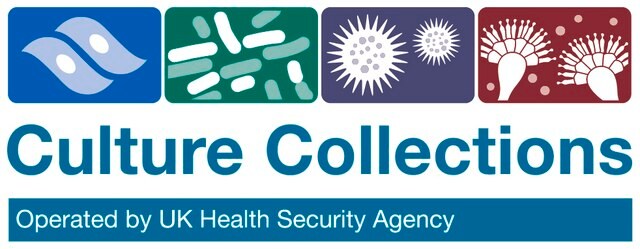OE33 Cell Line human
Caucasian esophageal carcinoma, 96070808
Synonim(y):
JROECL33, JROECL33 Cells, OE-33 Cells
Zaloguj sięWyświetlanie cen organizacyjnych i kontraktowych
About This Item
Kod UNSPSC:
41106514
Polecane produkty
pochodzenie biologiczne
human esophagus
tryb wzrostu
Adherent
kariotyp
Aneuploid
morfologia
Epithelial
produkty
Not specified
receptory
MHC class I, ICAM-1
metody
cell culture | mammalian: suitable
powiązane choroby
cancer
Warunki transportu
dry ice
temp. przechowywania
−196°C
Powiązane kategorie
Pochodzenie linii komórkowej
Human Caucasian oesophageal carcinoma
Opis linii komórkowej
The cell line OE33, also known as JROECL33, was established from the adenocarcinoma of the lower oesophagus (Barrett′s metaplasia) of a 73 year old female patient. The tumour was identified as pathological stage IIA (UICC) and showed poor differentiation. OE33 express HLA-A, -B and -C antigens (MHC class I) and ICAM-1 constitutively. Expression of HLA-DR (MHC class II) can be induced by treatment with interferon-gamma. The cells express epithelial cytokeratins and are tumourigenic in nude mice.
Zastosowanie
OE33 cell line has been used to study the effect of microRNA-MiR-193b on autophagy and cell death on these cells. It has also been used to study the sensitivity of the cells to anti-c-Met monoclonal antibody ABT-700.
Study of oesophageal cancer
Rutyna subkultury
Split sub-confluent cultures (70-80%) 1:8 i.e. seeding at 1x10,000 cells/cm2 using 0.25% Trypsin or Trypsin/EDTA; 5% CO2; 37°C. Initially these cells grow slowly and can take up to 7 days until ready for the next split, 50% media changes will be necessary every 2-3 days (i.e. replacing half the old medium with fresh).
Inne uwagi
Additional freight & handling charges may be applicable for Asia-Pacific shipments. Please check with your local Customer Service representative for more information.
Ta strona może zawierać tekst przetłumaczony maszynowo.
Wybierz jedną z najnowszych wersji:
Certyfikaty analizy (CoA)
Lot/Batch Number
It looks like we've run into a problem, but you can still download Certificates of Analysis from our Dokumenty section.
Proszę o kontakt, jeśli potrzebna jest pomoc Obsługa Klienta
Masz już ten produkt?
Dokumenty związane z niedawno zakupionymi produktami zostały zamieszczone w Bibliotece dokumentów.
Nasz zespół naukowców ma doświadczenie we wszystkich obszarach badań, w tym w naukach przyrodniczych, materiałoznawstwie, syntezie chemicznej, chromatografii, analityce i wielu innych dziedzinach.
Skontaktuj się z zespołem ds. pomocy technicznej
